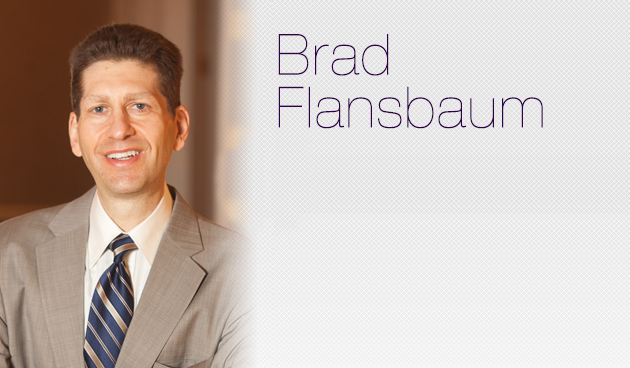Prices from a chargemaster are “what a drunken billionaire would pay a hospital if his wife were not around to control the bastard.” — Uwe Reinhardt
You might be asking why such an outlandish quote?
Last week CMS proposed* to change the way patients see the costs of hospital bills.
So what you might utter. Insurance pays, and we should not consider what patients shell out, right?
Well, with increased out of pocket costs, along with growing premiums, CMS and many others feel folks should engage. They have to know what they are shopping for, assuming the service is shoppable, of course. If they have a $1000 deductible and the CT scan costs $600 at locale A and $400 at locale B it might have an impact on the wallet. You go with B (also assuming you won’t have a $10K total care bill—then it won’t matter. That’s another issue).
But hospital pricing is not so simple: think cost, charge, and price.
Imagine you go to the car dealership to buy your Prius.
- Charge (list price) = $40K
- Price (what you pay) = $35K
- Cost (manufacturing cost) = $25K
Simple. Now extrapolate car to care, into a hospital that is, and you see the parallel. Except hospitals are a whole lot messier than autos. Charges in the healthcare world are fantasy numbers on which different payers get discounts, and they have little meaning to anyone other than non-insured and out of network patients who get the rack rate, or negotiators using it as a starting point for dollar discussions.
Nonetheless, CMS wants to begin to lift the veil. First, show the charges, and then move to reality-based valuations in the future.
Reason? The transparency for the purchasing public will bring down prices, or so payers imagine, and competition between providers will do the same. The Team USA quandary is not resource use. Its Prices, 2018 version.
Journals, paragons of excellence that they are, also do not make the task any easier. Often, you will see the misuse of terms with phrases such as, “the cost to the patient was X,” or “the charge to the family was Y.” No clarity and the ambiguous application of language like this makes a mess of things and complicates our ability to instruct people.
As hospital employees, the transition will come through like a pig in a python. Slowly, the enlightened buyers of services will push into different lines of business within the hospital walls and impose on margins. First, it might be ortho, then cards, and then the whole lot. Hospitals will reckon with the fiscal carnage.
Yes, I oversimplified, but you get the idea. Below are some of the questions related to the policy CMS is asking the public to weigh in on, incidentally. Also, see this brief article on what is going down. It will get you up to speed.
- Should standard charges be defined as the average discount off the chargemaster amount across all payers?
- Should providers be required to inform patients in advance how much their out-of-pocket costs for a service will be?
- Should providers be required to tell patients how much Medicare pays for particular services?
- Should the CMS impose civil monetary penalties on hospitals that fail to publish standard charges?
Finally, a terrific commentary from this weekends NY Times from a smartie. She lays out the case for why patients should know their costs (NOT CHARGES. NOT PRICES).
This is important stuff. It involves not just you as docs, but you and your families as patients.
*A bit of civics. CMS sits on the executive and not the legislative side of government. They make rules and regs, not laws. Congress gives them the authority to execute their functions through the laws they pass. However, before they can, they have to solicit input from the public. Thus the proposed rule, and thus, the notification and request for feedback for CMS to consider.



Leave A Comment